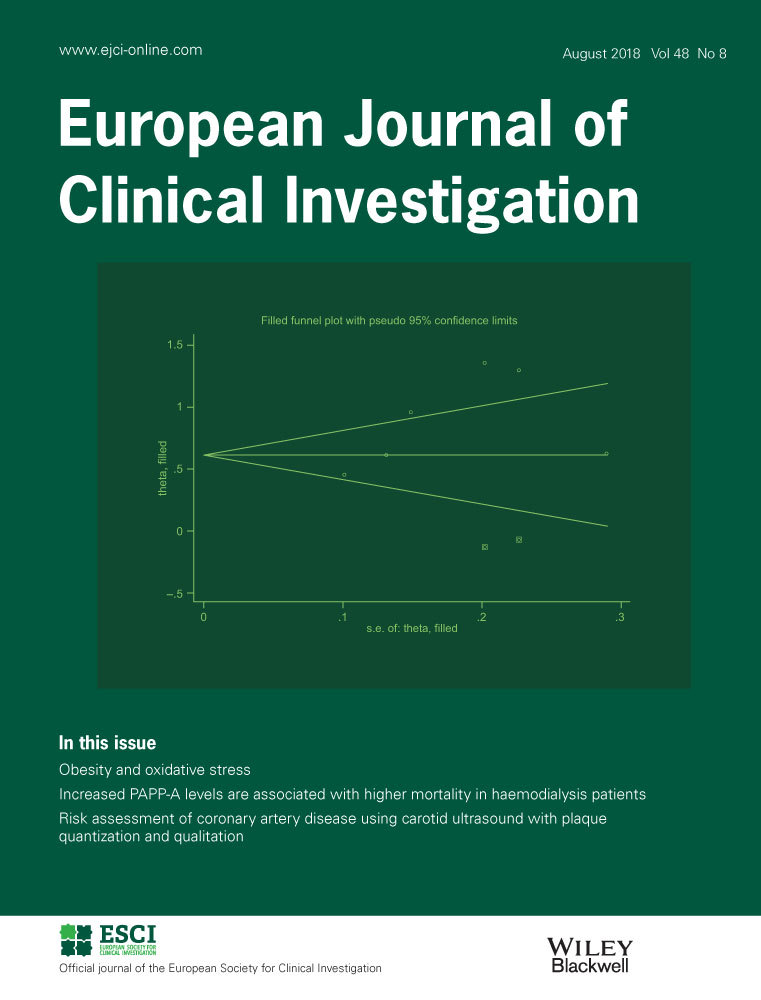CEACAM1 in vascular homeostasis and inflammation
Abstract
Introduction
The glycoprotein Carcinoembryonic Antigen-related Cell Adhesion Molecule 1 (CEACAM1), also known as CD66a, is a member of the immunoglobulin superfamily. It is expressed in a variety of tissues including epithelial, immune, as well as endothelial cells, and is crucial to diverse physiological and pathological mechanisms. This review aims to provide a comprehensive understanding of CEACAM1's multifaceted roles in vascular biology and inflammatory processes.
Methods
Directed literature research was conducted using databases, such as PubMed, and relevant studies were categorized based on the physiological effects of CEACAM1.
Results
CEACAM1 plays a pivotal role in vascular homeostasis, particularly influencing the formation, maturation, and aging of blood vessels, as well as the endothelial barrier function. It supports endothelium-dependent vasodilation and nitric oxide formation, thus promoting vascular integrity and regulating blood pressure. Additionally, CEACAM1 is of emerging importance to vascular inflammation and its potential clinical consequences.
Conclusion
CEACAM1 is a crucial regulator of vascular homeostasis and inflammation with significant implications for cardiovascular health. Despite the lack of understanding of tissue-specific modulation and isoform-dependent mechanisms, CEACAM1 could be a promising therapeutic target for the prevention of cardiovascular disease in the future.


 求助内容:
求助内容: 应助结果提醒方式:
应助结果提醒方式:


